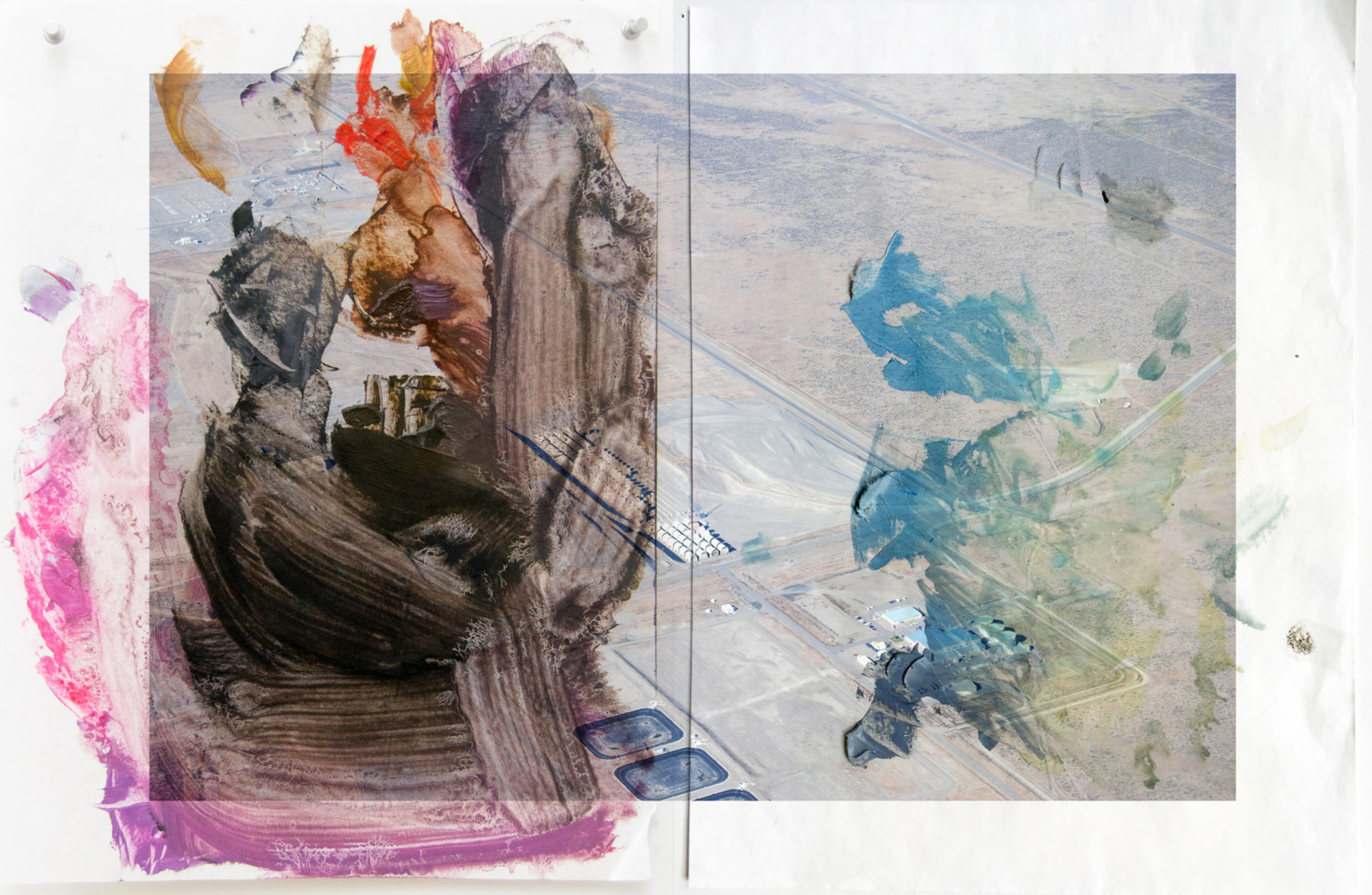—after the painting by Rembrandt (studio of), 1634.
I.
Night falls over Golgotha.
Under a blood moon we work by lit lamp—
the hills still, quiet
except for the hum of women:
a low weeping
& the men at work over a body
the soul left.
I, Magdalena, (stone-silent),
lay the shroud that shall hold the body.
I take the veil from my hair
& cover his.
II.
What holds the body,
if not hands?
What do hands do with tenderness
when the body refuses to hold it?
What should I do with these hands—
these wounds of God—
but hold them?
Does it matter if they know
they are implements—divine
or otherwise?
III.
The gates of Jerusalem flower in darkness:
our small band hastening on with our cart.
The soldiers at the gate fall silent—
we flank the body
veiled in fine cloth.
I walk with the first rank of women
into the city. Even at this hour
there are crowds.
Beneath my hand,
through the thin white linen,
I feel his hair.
Though it has been days,
death has not limpened it.
I feel the softness of his curls still.
IV.
Nicodemus brought vats
of myrrh & aloe, befitting a king—
paid, he said,
of his own pocket.
The women work washing the body
of grime, of dust from the hill.
We work at wiping
death from the body.
I tend to the small mercy:
the wound in the side.
I cannot take my eyes from the face—
as though it were sleeping.
I cannot find the sufferance my eyes have seen.
I cannot find pain, as when the voice cried out
& then was gone. In the ninth hour,
on that ghastly hill, that voice.
The voice that quieted
my needle working on the shroud,
that raised my eyes
& brought my hand to still.
V.
The knocking so astounded,
& the servant who brought him,
ashen, to the House of Joseph—
the same Centurion.
“I must speak my mind—my hand,
it acted out of mercy. I ask forgiveness.”
Nicodemus took the fine-wrapped gift.
We unwrapped the cloth:
a spearhead—
& the blood,
still partly wet.
Our eyes in low light
glanced amongst ourselves
& glistened.
VI.
What is left to be said of the empty tomb
or the rock before my eyes rolled back?
Or of the hill
where wind alone
ate breaths
out of the dying brood?
It is a hill of bones.
We sail on quiet water,
the sailors about their work.
They do not know me, or don’t say.
I veil my hair.
Even the children are quieted.
All is memory, impartial,
unclear—
But I have scented my wrists
with aloe & with myrrh.
VII.
The red moon whitened.
Here, the horizon breaks its yolk, dripping
a dawn-flush morning after morning.
This sea is a shroud
& I glisten it.
Our roaming days crack the world open, oar by oar.
I have braided a lock of your hair into mine.
The veil shifts in the wind, my fingers find
a thread of you tied to me still.
O Galilee.
It will be night there now.
Your hair threaded to mine, I will take you;
beloved, I will carry you—
I will carry you
to the end of the world.
By Lorcán Black
→
Lorcán Black is an Irish poet. His poetry has been published or is forthcoming in The Rush, Progenitor, Grim & Gilded, Poet Lore, Stirring: A Literary Collection, Snapdragon, New Writing Scotland, The Los Angeles Review, The Saint Ann’s Review, The Stinging Fly, and Assaracus amongst numerous others. He is a Pushcart Prize and Best of the Net nominee and has been longlisted for the Two Sylvias Prize, a De Groot Foundation grant and his fiction has been shortlisted for The Paris Literary Prize and the Black Spring Press Prize. His first collection, Rituals, was published by April Gloaming Publishing in 2019.
